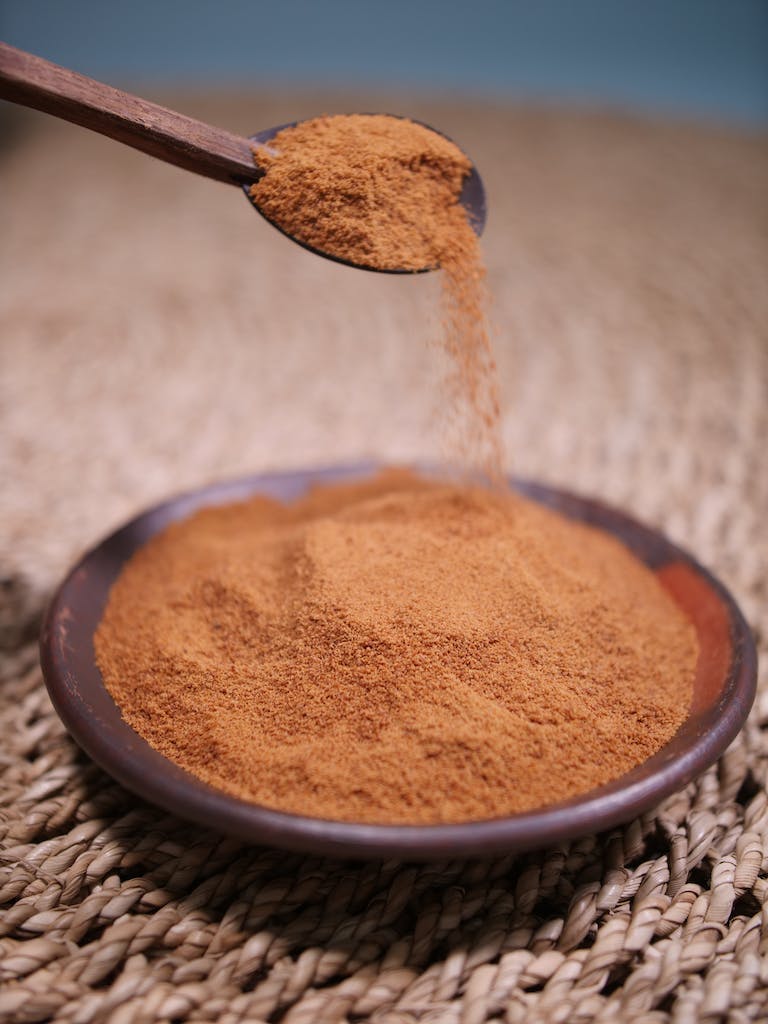FREE SHIPPING OVER $50
Fulvic Acid Soak: Recipe, Benefits, and Detox Guide
A fulvic acid soak is a rejuvenating bath treatment that utilizes the natural compounds found in fulvic acid. This ancient substance, derived from decomposed plant material, offers a range of health benefits. Imagine a powerful detox bath that cleanses your body and infuses it with essential minerals and nutrients. That’s what a fulvic acid bath provides.
Key Takeaways
The Magic of Fulvic Acid

Fulvic acid is a miraculous natural compound. It can chelate and bind to toxins, heavy metals, and other pollutants in the body, facilitating their elimination. Think of it as a powerful magnet drawing out impurities while simultaneously supplying vital minerals. This dual action makes fulvic acid an incredible detoxifying agent and a nourishing tonic.
How to Prepare a Fulvic Acid Soak
Creating a fulvic acid soak at home is simple. Follow this easy fulvic acid soak recipe to enjoy its benefits.
Fulvic Acid Soak Recipe
Ingredients:
- 1 cup of Epsom salts
- 2 tablespoons of fulvic acid powder or liquid
- 10 drops of essential oils (lavender, eucalyptus, or your favorite scent)
- Warm water
Instructions:
- Fill your bathtub with warm water. Ensure the temperature is comfortable.
- Add 1 cup of Epsom salts to the water, stirring until dissolved.
- Add 2 tablespoons of fulvic acid powder or liquid to the bath.
- Drop in 10 drops of your chosen essential oil.
- Stir the water to mix all ingredients thoroughly.
- Soak in the bath for 20-30 minutes, allowing the fulvic acid to work its magic.
Benefits of a Fulvic Acid Soak
The benefits of fulvic acid soak are numerous and impactful. Here are some key advantages:
Detoxification
Fulvic acid excels at binding with toxins and heavy metals, pulling them out of your body. This natural detox process helps in reducing the toxic load, leading to better overall health and wellness.
Enhanced Skin Health
Fulvic acid is known for its anti-inflammatory and antimicrobial properties. It can help soothe skin irritations, reduce inflammation, and promote a clearer, healthier complexion. Imagine bathing in a solution that calms your skin and fights off potential infections simultaneously.
Mineral Infusion
Our modern diets often lack essential minerals. Fulvic acid is rich in trace minerals that are easily absorbed through the skin. During a fulvic acid bath, these minerals permeate your body, replenishing deficiencies and supporting various bodily functions.
Improved Circulation
Soaking in a fulvic acid bath can enhance blood circulation. Better circulation means more oxygen and nutrients are delivered to your cells, promoting healing and vitality. It’s like giving your circulatory system a boost of energy.
Stress Relief
The calming effect of a fulvic acid soak cannot be overstated. Combined with warm water and soothing essential oils, it provides a relaxing escape from daily stress. Imagine melting away tension and anxiety as you soak in this nourishing bath.
Precautions and Considerations
While a fulvic acid soak is generally safe, there are a few precautions to keep in mind:
- Always use high-quality fulvic acid products. Low-grade options might contain impurities that could be harmful.
- Consult with a healthcare provider before starting regular fulvic acid baths if you have any skin conditions or health issues.
- Start with shorter soak times if you have sensitive skin, and gradually increase as your skin adjusts.
- Use warm water for your fulvic acid bath to enhance absorption and comfort, but avoid water that is too hot to prevent skin irritation.
How Often Should You Use a Fulvic Acid Soak?
The frequency of fulvic acid soaks depends on individual needs. For general wellness and maintenance, soaking once a week is sufficient. You might consider two to three times per week for more intense detoxification. Always listen to your body and adjust accordingly.
Optimal Temperature for a Fulvic Acid Bath
The ideal temperature for a fulvic acid bath should be warm but not too hot. Aim for a temperature between 98°F (37°C) and 104°F (40°C). Here’s why:
- Promotes Relaxation: A warm bath at this temperature range helps to relax your muscles and mind, enhancing the stress-relief benefits of the soak.
- Enhances Absorption: Warm water opens your pores, allowing better absorption of fulvic acid and other beneficial minerals into your skin.
- Prevents Overheating: Extremely hot water can cause dehydration, dizziness, or even fainting. Keeping the water at a moderate warmth ensures you can enjoy your bath safely and comfortably.
How to Measure the Temperature
Use a bath thermometer to ensure the water is at the optimal temperature. If you don’t have a thermometer, a good rule of thumb is to aim for water that feels warm and soothing but not uncomfortably hot.
Adjusting for Personal Comfort
Everyone’s tolerance for water temperature varies. Start at the lower end of the recommended range and adjust as needed for your comfort. If you start to feel too hot or uncomfortable at any point, add some cool water to bring the temperature down.
Conclusion
A fulvic acid soak offers a natural, effective way to detoxify, nourish, and rejuvenate your body. With its numerous health benefits, from improved skin health to enhanced circulation, it’s a holistic treatment that fits seamlessly into any wellness routine. By following the fulvic acid soak recipe provided, you can easily incorporate this powerful detox bath into your life.
Related Articles
If you found this blog post insightful, explore more by delving into our related articles:
- What is Okra Water? The Top Benefits You Should Know
- How to Make Okra Water in 4 Simple Steps
- What Happens if You Stop Eating Sugar for 30 Days?
- Fulvic Acid Unveiled: Unlocking the Fountain of Youth Naturally
- Radio Frequency Ruined My Face: Side Effects and Solutions
- Best Sauna Temperature and Time for your Health
- Alpha-Lipoic Acid and Neuropathy: A Comprehensive Guide to Healing
- How to Use Moringa Seeds: From Kitchen to Skincare
- Cymbalta (Duloxetine) Side Effects and Withdrawal: A Comprehensive Guide
- Celsius Energy Drinks and Drug Tests: Reasons for False Positives







